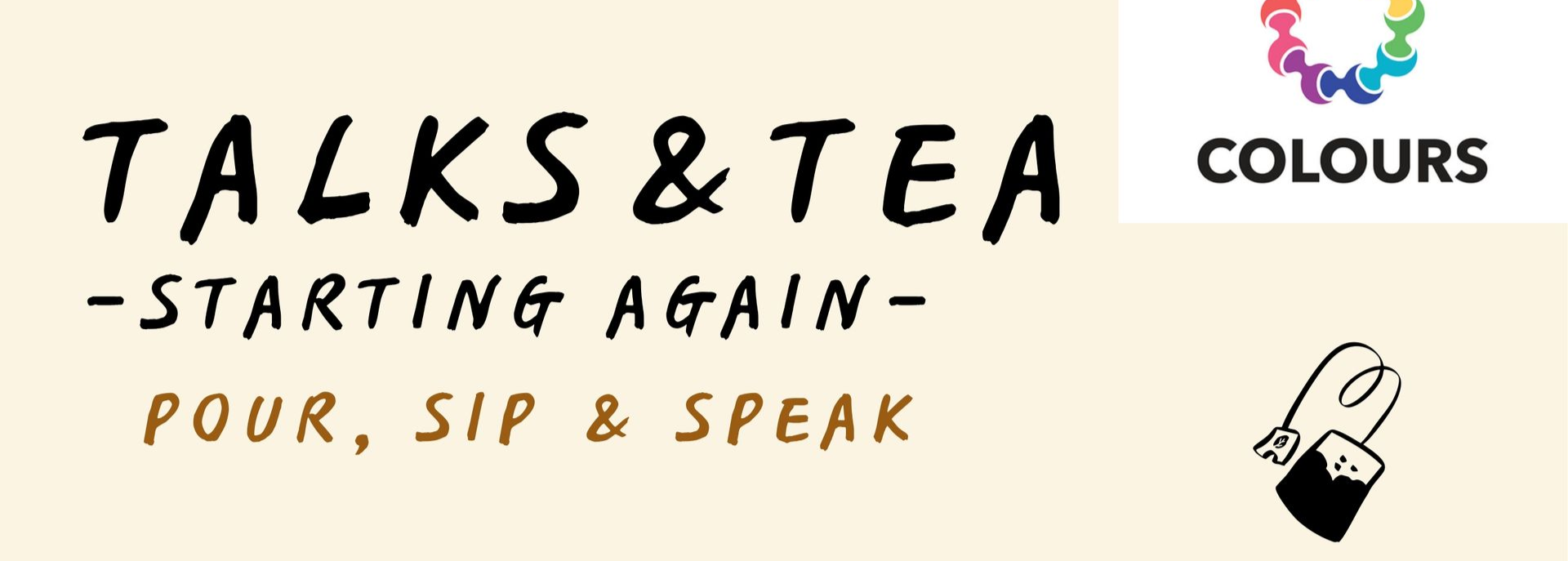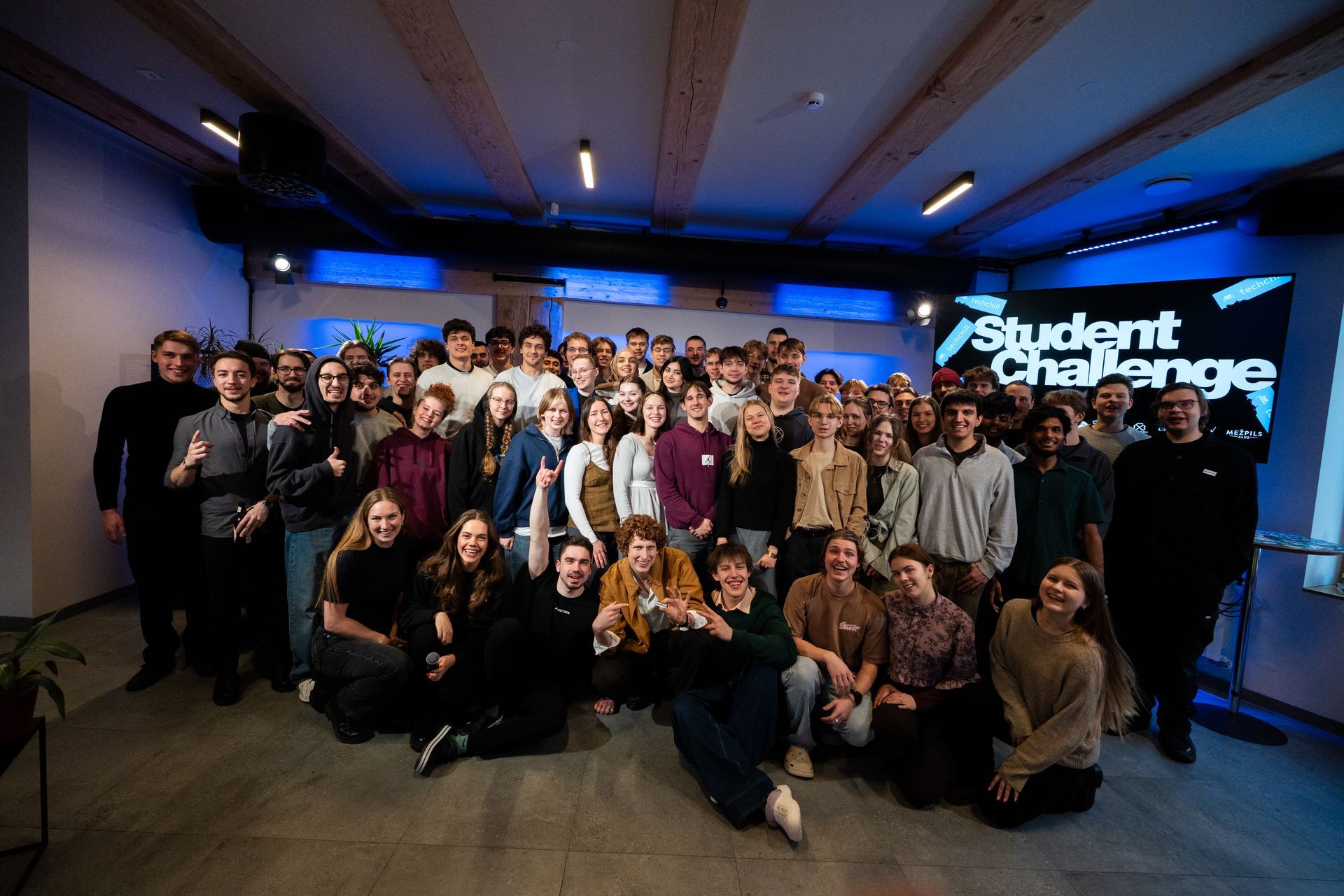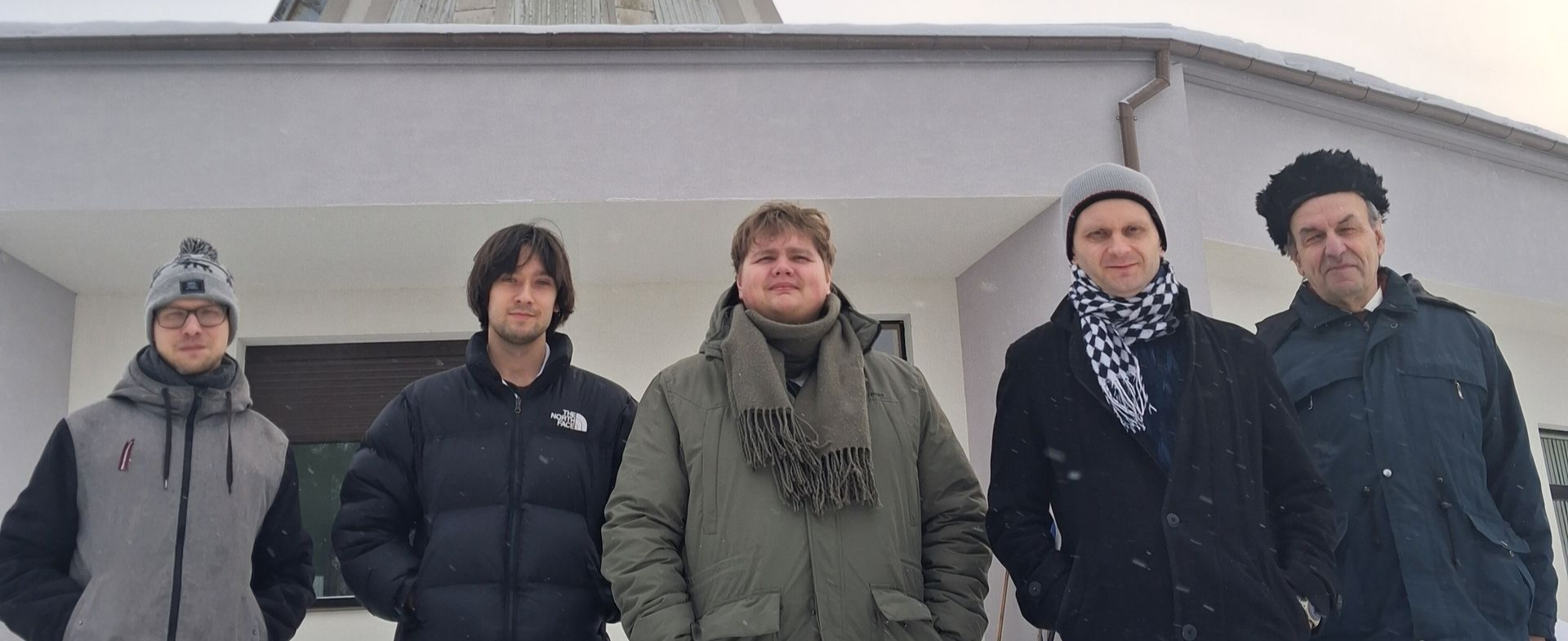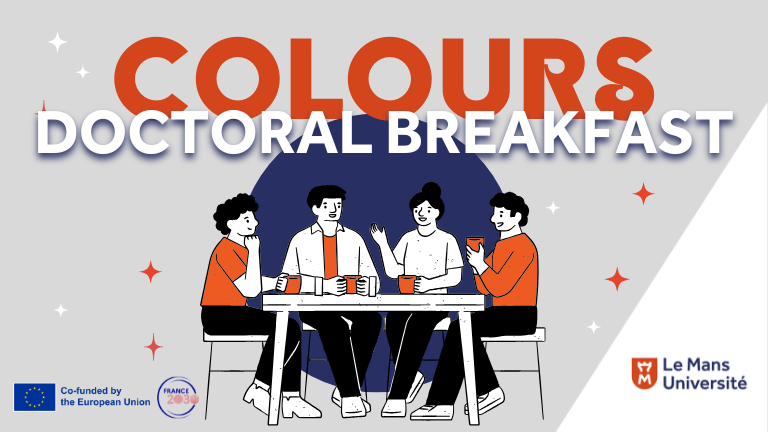Improved Quality of VUAS Study Program Content, Resource Efficiency, and Governance Upon Project Completion

The project “Enhancing the Content Quality of Ventspils University of Applied Sciences Study Programs, Improving Resource Efficiency, and Ensuring Better Governance” has successfully achieved its goals of modernizing VUAS study program content, improving governance of higher education institutions through effective resource use, and enhancing the competencies and skills of management personnel.
The project's objectives were realized through the following activities and outcomes:
1. Modernization of Study Program Content
- The quality of VUAS study programs was significantly enhanced, aligning them with the needs of industry development and ensuring student-centered education through the introduction of outcome-based student evaluation.
- As part of the procurement activity “Enhancing the Content of Existing VUAS Study Programs and Aligning Them with Industry Development Needs, and Improving the Organizational and Governance Structure of VUAS,” a VUAS Modernization Plan was developed.
- This plan involved reviewing nine study courses (including four STEM courses) from an employer’s perspective.
- Industry representatives, including entrepreneurs and employers, were interviewed, and their insights were used to improve study programs.
- Systems for evaluating students and lecturers were developed, ensuring a more dynamic and relevant learning environment.
2. Innovative Teaching Tools
- A financial literacy board game was acquired for the social sciences programs. This innovative tool, which can also be used in a digital environment, encourages the use of modern teaching methods, including e-learning.
- The game fosters synergy with other educational and innovation support programs, promoting innovative approaches in education.
3. Enhanced Governance at VUAS
- The project led to significant improvements in the Quality Management System (QMS), formalized and adapted to the EFQM Excellence Model selected for the project.
- Activities included the development and improvement of strategic management, process systems, risk management, and monitoring systems.
- Key documents, such as quality policies, manuals, and internal regulatory acts, were created or updated.
- Awareness of the improved QMS was raised among students and staff, culminating in a self-assessment report for QMS certification under the EFQM Excellence Model.
4. Digital Transformation
- An electronic document and information management system called Namejs was introduced, streamlining document flow, increasing transparency in administrative processes, and reducing paper consumption.
5. Leadership and Competency Development
- The project strengthened VUAS leadership competencies in areas such as change management, strategic planning, and addressing global socio-economic challenges.
- Practical experience in QMS implementation, study program improvement, and academic content development trends was gained through exchanges with universities in Tartu (Estonia) and Linköping (Sweden).
6. Focus on Academic Integrity
- A dedicated section titled “Academic Integrity” was added to the VUAS website, offering resources and guidance on plagiarism, its types, and how to avoid violations.
- An informative brochure and an approved Academic Integrity Regulation were also made available online.
- Updates on academic integrity were presented at the VUAS Student Scientific Conference, emphasizing student-centered approaches and plagiarism prevention.
7. Advancing Distance Learning
- In response to trends in globalization, mobility, and digitalization, a VUAS Distance Learning Strategy was developed.
- A practical course, “Creating a Modern Distance Learning Course,” was introduced to help VUAS academic staff design high-quality distance learning materials based on best practices and a unified approach.
This project represents a significant step forward in modernizing VUAS study programs, improving resource efficiency, and fostering better governance, ultimately ensuring a high standard of education for current and future students.
Share on other platforms
Other news







